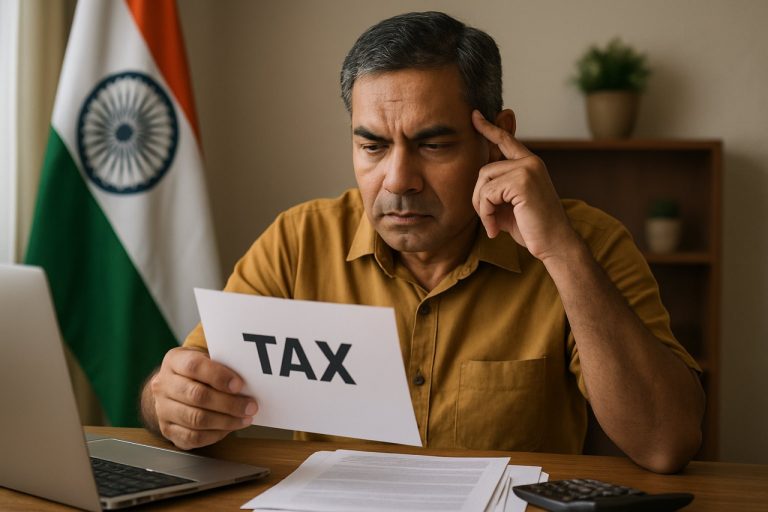
- Somalia’s real estate is shaped by a mix of traditional customs and modern legal needs.
- Land ownership traditionally follows customary law, aligned with clan systems, presenting challenges for formal registration.
- Mogadishu’s real estate faces disputes over ownership due to past conflicts and a lack of unified land registration.
- The establishment of the Somali Land Commission aims to harmonize traditional rights with statutory laws.
- Understanding the balance between cultural heritage and legal reform is crucial for investors and citizens.
- Reforms offer hope for stability and growth, aligning ancestral practices with modern frameworks for economic development.
Real estate in Somalia, a land known for its long coastline and historical port towns, is a tapestry woven from tradition, conflict, and hopeful rejuvenation. Amidst the bustling markets of Mogadishu and the tranquil shores of Berbera, the Somali real estate sector is an arena where ancient customs meet modern legal frameworks.
Somalia, with its rich cultural legacy, practices land ownership largely through customary law. This approach, deeply rooted in clan systems, envisions land as a communal asset, passed down through generations. Picture a land where heritage governs who owns what, with genealogies often playing a critical role in determining land rights. This system, though culturally harmonious, encounters friction when meeting the requirements of formal land registration and urban development needs.
In the striving metropolis of Mogadishu, the real estate landscape faces unique challenges. Past conflicts left a legacy of disputed ownership claims, where deeds often rest in ambiguity. As the city awakens from years of turmoil, the need for a robust legal framework is crucial. Challenges arise from the absence of a unified land registry and the overlapping claims stemming from historical displacements.
But hope is not lost. Recent years have seen Somalia making strides toward a more modern legal system. Efforts to reform land laws take inspiration from both the civil law frameworks and the customary principles that Somali society holds dear. Picture a budding mosaic, striving to balance tradition with the contemporary, aiming to foster security and attract investment.
A particularly pivotal move is the establishment of the Somali Land Commission, an institution tasked with resolving disputes and laying down policies that can harmonize traditional rights with statutory laws. This body symbolizes a bridge, connecting the ancestral with the progressive, striving to craft a land tenure system that holds promise for future generations.
For prospective investors and citizens alike, understanding these dynamics is key. Navigating Somali real estate requires recognizing the intricate dance between custom and modernity. The allure of investment here lies not just in potential returns but also in participating in a transformative journey.
In conclusion, the Somali real estate sector, with its complexities and potentials, calls for a harmonious blend of tradition and modern jurisprudence. While challenges remain, the ongoing legal reforms offer a glimmer of hope. By embracing both its cultural roots and the need for a structured legal framework, Somalia is paving a path toward sustainable growth and stability.
Takeaway: As Somalia progresses, integrating traditional land practices with modern legal frameworks is vital. This convergence offers not only a resolution to conflicts but also a promising future for Somali real estate.
Unlocking the Future: Navigating the Complex Landscape of Somali Real Estate
Exploring the Evolving Somali Real Estate Market
Somalia’s real estate sector is undergoing a significant transformation, driven by both historical nuances and modern demands. Here’s a comprehensive look into aspects that were not fully explored in the original article but are crucial for understanding the dynamics of real estate in Somalia.
The Role of Customary and Formal Systems
Somalia’s customary land ownership systems play a dominant role in land allocation and dispute resolution. However, integrating these traditional practices with a formal legal system presents challenges and opportunities:
– Customary Land Ownership: In Somalia, land is often seen as a communal resource shared among clan members, which fosters a sense of community and continuity. However, these practices can lead to overlapping claims and ambiguity in legal ownership.
– Formal Land Registration: Efforts to modernize land ownership involve establishing a formal land registry that recognizes customary rights while providing clear legal titles. This convergence can help attract foreign investments and reduce conflict.
How-To Steps for Navigating Somali Real Estate
1. Conduct Thorough Research: Understand local customs and the clan dynamics that can influence land ownership.
2. Engage Local Experts: Collaborate with Somali real estate agents or legal professionals familiar with both traditional and formal systems.
3. Secure Clear Documentation: Ensure all transactions are backed by legal documents and recognized by local authorities.
4. Monitor Legal Developments: Stay updated on changes in land legislation and emerging real estate opportunities.
Real-World Use Cases: Investment Opportunities
Somalia offers various investment opportunities, particularly in urban areas like Mogadishu and coastal cities such as Berbera:
– Urban Development: The reconstruction of cities is a prime area for investment, offering potential returns on commercial and residential properties.
– Tourism and Hospitality: Leveraging Somalia’s rich history and long coastline can create profitable ventures in tourism, with a focus on building hotels and resorts.
Market Forecasts & Industry Trends
1. Urban Expansion: As Somalia continues to stabilize, urban migration is expected to drive demand for housing and commercial space.
2. Infrastructural Reforms: Government efforts to establish better infrastructure will enhance real estate value.
3. Sustainability Focus: Increasing interest in sustainable practices can lead to green building initiatives.
Controversies & Limitations
Understanding challenges in the Somali real estate market is crucial for potential investors:
– Disputed Claims Due to Conflict: Historical conflicts have led to disputed land ownership, necessitating robust conflict resolution mechanisms.
– Lack of a Unified Registry: The absence of a centralized land registry can complicate land deals and ownership verification.
Pros & Cons Overview
Pros:
– High potential returns on investment in urban and tourism projects.
– Engaging in a transformative journey of nation-building and development.
Cons:
– High risk due to historical conflicts and ongoing legal reforms.
– Complexity in navigating customary and formal systems.
Actionable Recommendations
– Engage with Communities: Effective communication with local communities can facilitate smoother transactions and foster mutual trust.
– Leverage Technology: Use digital platforms for property listings and legal documentation to streamline processes.
– Investment in Capacity Building: Contributing to local educational and governmental institutions can enhance understanding and implementation of modern real estate practices.
Conclusion
Somalia’s real estate market embodies a unique intersection where tradition meets modernity. While challenges persist, the potential for growth and positive change is significant. By understanding and respecting both customary practices and emerging legal frameworks, investors can play a part in shaping Somalia’s future.
For more insights on real estate and investment opportunities in emerging markets, explore World Bank and UN-Habitat.



